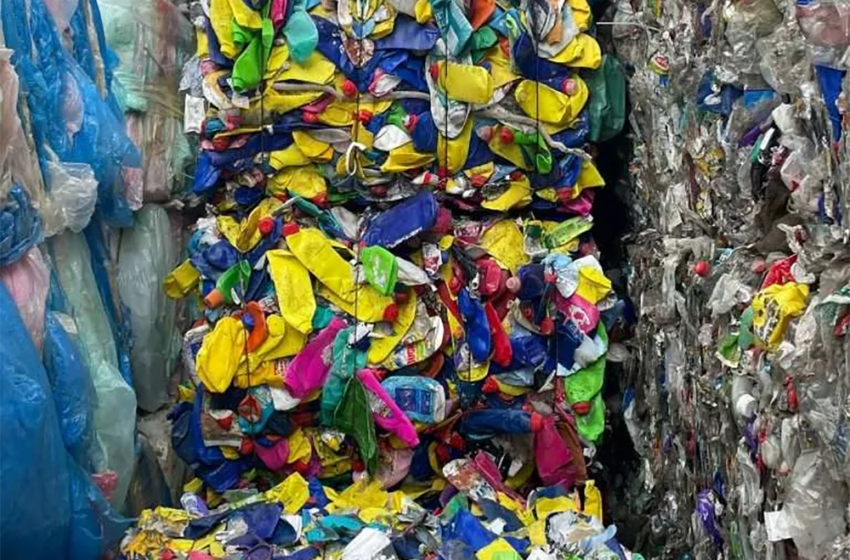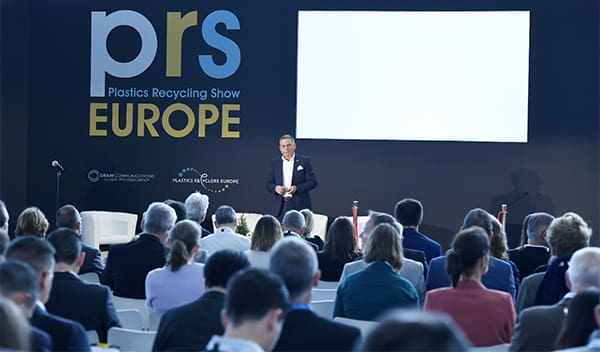
IPL Brightgreen Blog // Simpler Recycling Rules for England
|
Getting your Trinity Audio player ready...
|
The UK’s move toward more straightforward recycling rules, as outlined in the Government’s recent policy update, is a significant step in harmonising waste management practices across England. These changes aim to make recycling more consistent, accessible, and effective for households and businesses. At IPL Brightgreen, we welcome these developments. Still, as industry experts in recycling, we see critical challenges—particularly regarding mixed materials. In this blog, IPL Brightgreen explores the positives of more straightforward recycling rules and why mixed materials remain a hurdle for efficient waste management.
The Push for Simpler Recycling Rules
The Government’s more straightforward recycling policy seeks to standardise what can be recycled across all councils in England. Currently, inconsistencies in local recycling systems leave many residents confused about what can and cannot go in the recycling bin. For example, some councils collect glass, plastics, and food waste, while others may only accept a limited range of items.
More straightforward recycling will create a more uniform system where all households and businesses recycle the same materials. This consistency is expected to:
- Boost recycling rates by reducing confusion and contamination.
- Improve resource efficiency by recovering more high-quality materials.
- Reduce waste sent to landfill, helping the UK meet its sustainability targets.
While the proposed framework is promising, IPL Brightgreen recognises its success hinges on addressing specific vital challenges.
The Issue with Mixed Materials
One of the most significant challenges in achieving recycling efficiency is mixed-material packaging. These items, often composed of plastic, aluminium, and paper bonded together, present unique processing difficulties.
Why Mixed Materials Are Problematic
- Difficult to Separate: Mixed materials require advanced sorting and separation technologies to extract recyclable components. For instance, separating the plastic lining from a paper coffee cup is complex and costly.
- Contamination Risk: If not separated correctly, mixed materials can contaminate recycling streams, rendering entire batches unrecyclable.
- Limited Recycling Infrastructure: Many recycling facilities in the UK are not equipped to handle complex mixed materials, which often end up in landfills despite their recyclable components.
Examples of Mixed Materials
- Coffee cups with plastic linings.
- Flexible food packaging, such as crisp packets or chocolate wrappers.
- Tetra Paks combines layers of plastic, aluminium, and cardboard.
The Role of Packaging Manufacturers
IPL Brightgreen understands packaging design’s critical role in the waste management ecosystem. To support the UK’s more straightforward recycling goals, manufacturers must take proactive steps to make packaging more recyclable and reduce reliance on mixed materials.
Designing for Recyclability
- Single materials: Transitioning to single-material packaging makes recycling more efficient. For instance, replacing laminated plastics with recyclable polypropylene can significantly improve recyclability.
- Clear Labelling: Standardised, easy-to-read recycling labels help consumers identify how to dispose of packaging correctly.
- Innovative Materials: Developing biodegradable or compostable alternatives for items traditionally made with mixed materials.
How IPL Brightgreen Supports Simpler Recycling
At IPL Brightgreen, we are committed to advancing sustainable waste solutions. Here’s how IPL Brightgreen contributes to a future aligned with Simpler Recycling’s goals:
- Collaboration with Councils: We help identify and address barriers to efficient recycling by working with local authorities.
- Education and Advocacy: Consumer behaviour is pivotal in recycling success. We will empower young people to make informed recycling decisions through school work, reducing bin contamination.
- Investing in Technology: We advocate for advancFiplements in recycling technologies, including better sorting systems and processes which can handle mixed materials more effectively.
Looking Ahead
Simpler Recycling rules mark a significant shift in England’s approach to waste management, and the benefits are clear: reduced confusion, higher recycling rates, and a step closer to a circular economy. However, addressing the challenges of materials is essential to truly capitalising on this progress.
At IPL Brightgreen, we believe collaboration between policymakers, packaging manufacturers, recycling facilities, and consumers is vital to overcoming these challenges.
The UK’s vision for a more sustainable future is within reach—together, we can make it a reality.
Read more news from IPL Brightgreen.





